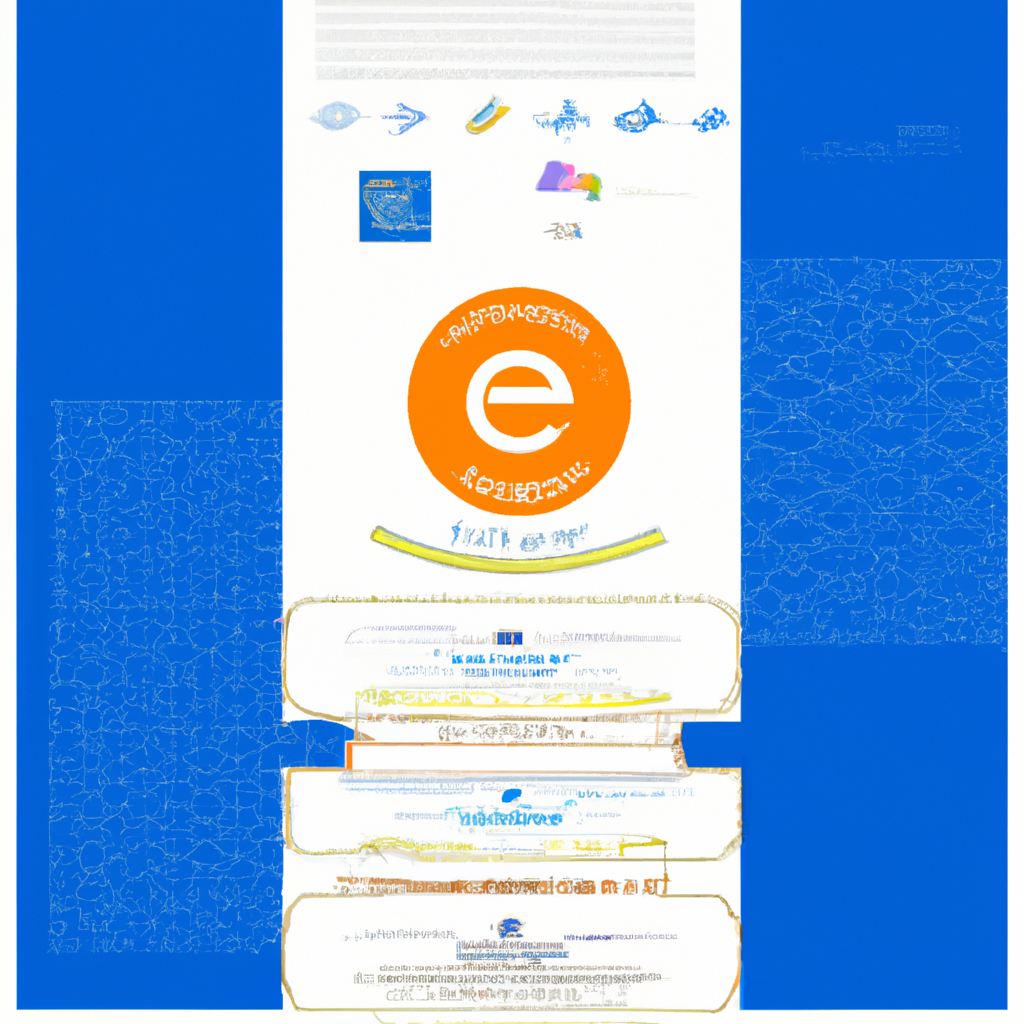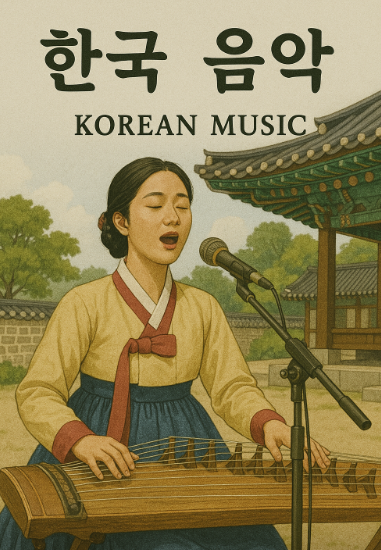**Understanding Korean Honorifics: A Deep Dive into the Polite Language of Korea**
**Introduction to Korean Honorifics**
Korean is a language rich in honorific expressions, which play a crucial role in daily communications. Honorifics in Korean, known as ‘존댓말’ (jondaetmal), are used to show respect towards elders and superiors. This linguistic feature is deeply embedded within the Korean culture, reflecting social hierarchy and relationships. Whether you’re visiting Korea or interacting with Korean speakers, understanding jondaetmal is essential for polite and respectful communication.
**The Structure of Korean Honorifics**
The use of honorifics in Korean modifies verbs, nouns, and sometimes adds specific honorific markers to sentences. The basic structure involves stem modification of verbs and formal endings. For instance, the verb “to eat” can be transformed from informal ‘먹다’ (meokda) to ‘드십니다’ (deusimnida) in formal settings. This adjustment not only constructs grammatically correct sentences but also aligns with social etiquettes.
**The Role of Age and Status**
In Korea, age and social status are critical factors influencing the application of jondaetmal. It’s common to inquire about age early in a conversation to decide on the proper linguistic form. Younger people are expected to use honorifics when addressing elders or those in higher social or professional positions. Failing to use jondaetmal can lead to misunderstandings and perceived disrespect.
**Practical Examples of Korean Honorifics**
Here is a comparison of different situations where jondaetmal might be used:
| Situational Context | Informal | Formal | Most Polite |
|———————|———-|——–|————-|
| Saying Goodbye | 잘 가 (jal ga) | 안녕히 가세요 (annyeonghi gaseyo) | 안녕히 가십시오 (annyeonghi gasipsio) |
| Eating | 먹어 (meog-eo) | 드세요 (deuseyo) | 드십시오 (deusipsio) |
| Drinking | 마셔 (masyeo) | 드세요 (deuseyo) | 드십시오 (deusipsio) |
These examples illustrate the variability in language use depending on social context, emphasizing the importance of honorifics in Korean communication.
**Common Mistakes and Misunderstandings**
Non-native speakers might find the Korean honorific system challenging due to its complexity. Common mistakes include using informal speech with superiors or elders and mismatching honorifics with the context. Even for native speakers, it’s sometimes tricky to navigate conversations across diverse social settings. Frequent exposure and practice are essential in mastering the use of honorifics.
**Cultural Significance of Honorifics**
Beyond mere language function, jondaetmal carries profound cultural significance. It reflects traditional Korean values, such as Confucian principles, where respect for hierarchy and family lineage is prominent. Understanding and appropriately using honorifics enables deeper cultural integration and mutual respect in interactions.
**Conclusion**
In conclusion, Korean honorifics are a fundamental aspect of the language that requires careful understanding and usage. It bridges relationships, maintains social order, and reflects cultural values. For anyone learning Korean, mastering honorific expressions is a step toward fluent and respectful communication.
**FAQ**
**1. What is the difference between ‘반말’ (banmal) and ‘존댓말’ (jondaetmal)?**
Banmal is informal speech used among peers or when the speaker has a higher status, while jondaetmal is formal and used to show respect.
**2. How important is it to use honorifics in Korea?**
It’s very important. Using jondaetmal appropriately is essential in maintaining respect and good relationships in Korean society.
**3. Can foreigners be forgiven for not using honorifics correctly?**
Generally, yes, as many Koreans understand that the honorific system can be difficult for foreigners. However, showing effort is appreciated.
**Key Takeaways**
✅ Korean honorifics are vital for polite communication.
✅ Understanding age and social status is crucial in applying jondaetmal.
✅ Mistakes in honorifics are common but can be overcome with practice.
✅ Correct use enhances cultural understanding and integration.
#KoreanLanguage #KoreanCulture #KoreanHonorifics #Jondaetmal #Banmal #LearnKorean #KoreanEtiquette #LanguageLearning #CulturalIntegration #RespectfulCommunication #KoreanSociety #Confucianism #SocialHierarchy #Linguistics #KoreanGrammar #LanguageSkills #KoreanValues #PoliteLanguage #KoreanHistory #HonorificSpeech #NativeSpeaker #ForeignLanguage #AsianCulture #RespectfulSpeech #LanguageComplexity #CrossCulturalCommunication #InteractiveLearning #KoreanTraditions #SocioLinguistics #LanguagePractice #Korea


